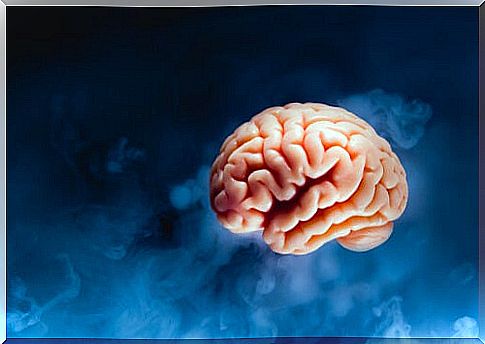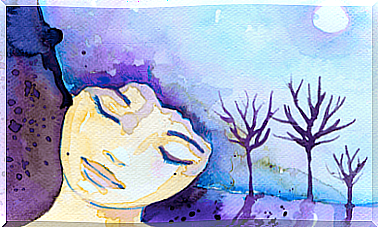Critical Psychiatry, A New Theoretical Trend

Critical psychiatry is a new theoretical current that began to take shape at the end of the 20th century. It arose in response to the multitude of objections that the so-called biological or organic psychiatry has had, which has prevailed in almost the entire world since the mid-twentieth century. It has received strong questioning, both for its approach and its practice.
Organicistic psychiatry views mental illness as almost exclusively a brain issue. In turn, they have not presented evidence of the supposed damage to the brain and that, according to them, it would be the cause of mental illnesses. Nor has it made significant progress in curing these problems.
What organic psychiatry has awakened is a series of reactions against it. Many human rights organizations have reported abuses with patients. These basically consist of over-medication, mistreatment, and little or no attention to their suffering. There are also serious doubts in the accuracy of the diagnoses.

Criticisms of traditional psychiatry
Traditional psychiatry has basically had two main aspects. One comes from the French school, where mental problems are comprehensively addressed. There is a strong emphasis on the symbolic component of the disease and drug treatment is only temporary support.
The other side is the American school, the cradle of organic psychiatry. In this, a mental problem almost exclusively involves abnormal brain function. Therefore, the treatment is also almost exclusively pharmacological. But that pharmacology is not intended to cure, but to contain patients.
After several decades and dozens of new drugs, the successes of biological psychiatry are still very poor. On the contrary, various studies have proven the undesirable side effects that some “psychiatric drugs” have in the medium and long term.
What has happened is that this type of treatment has significantly benefited the multinational large pharmaceutical companies. Also, of course, they are cheaper for healthcare systems. Chemistry is much less expensive to use than other intervention strategies, such as therapy. For example, to make a recipe it does not take a lot of time, for a session it does.
The principles of critical psychiatry
Critical psychiatry is an approach constructed by psychiatrists. It takes up much of the antipsychiatry movement, but it is not as radical as this one.
It aims to collect the criticisms that have been accumulating around traditional psychiatry. Thus, based on these deficiencies, it proposes new ways of approaching mental health.
Their basic discussion points are as follows:
- Review of the diagnosis. The way in which organic psychiatry has been diagnosing mental illness has several shortcomings. The boundary between “normality” and “disorder” must be critically reviewed.
- Criticism of evidence-based medicine. This part of statistics and generalizations, when the origin of mental disorders has not even been established from that discipline.
- The pharmaceutical industry. At this point it is no longer a secret to anyone that the large pharmaceutical multinationals have made huge profits from mental illness. This situation must be critically rethought.
- Coercive practices. One of the aspects most questioned by critical psychiatry is the whole set of coercive practices that are exerted on patients, many of which are a genuine violation of human rights.
- The dualistic approach. Traditional psychiatry views the body and mind as two separate entities for treatment purposes. This, on the contrary, must be inclusive and address the two areas, which in practice are one.

Prospects for the future
Human suffering is not explained solely in terms of dopamine or serotonin. Poverty, unemployment, child abuse and all the complex experiences that human beings live today are factors that affect cognitive performance and decision-making.
When that happens, problems are not solved simply with Valium or Prozac. Especially when there are studies that prove its devastating effects on the human brain, especially after years of consumption. Critical psychiatry emerged to prevent the subject from being simplified in such an unreasonable way.
Although from a theoretical point of view it is already here, critical psychiatry will surely take a long time to penetrate the care services. However, it constitutes a theoretical and conceptual basis so that patients can demand more from their psychiatrists than a label and a shower of chemicals.









